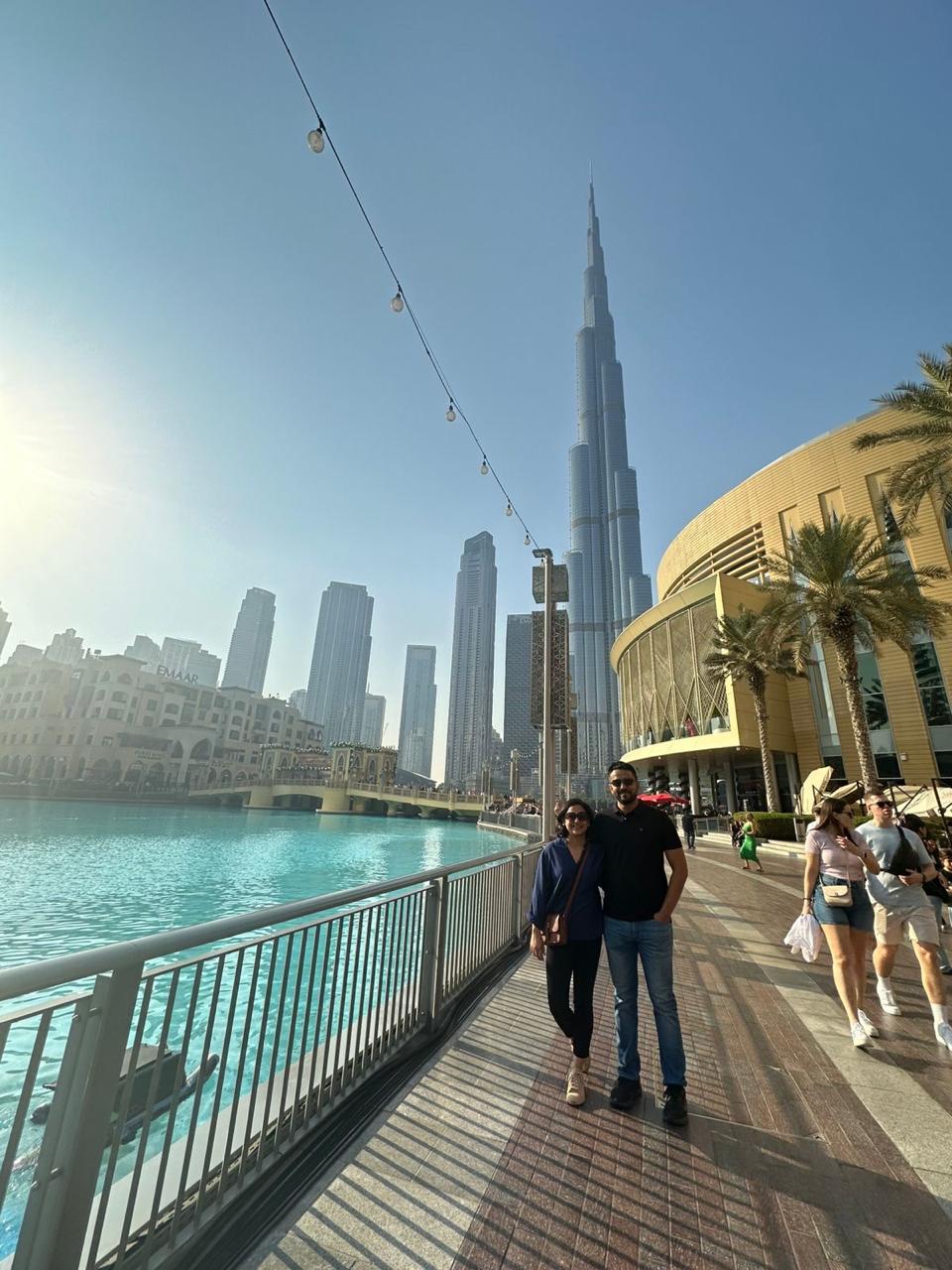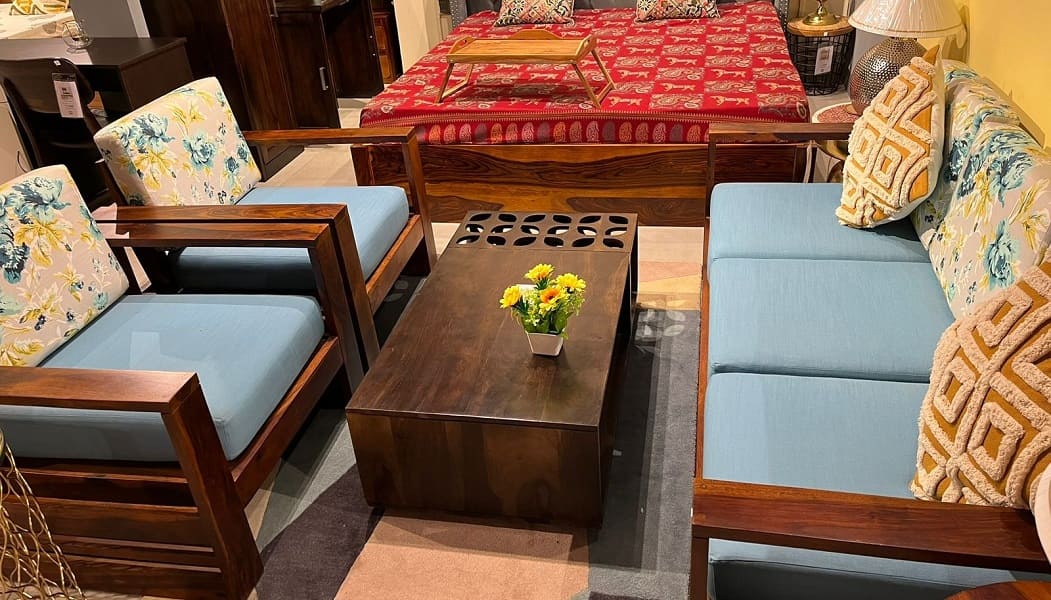The Bluewaters area in Dubai combines beachfront access with modern retail spaces, making it a practical destination for both relaxation and shopping. The beach itself offers clean sand and clear waters, with proper facilities and maintenance that you'd expect in Dubai. During my visit, the beach had a good mix of visitors but wasn't overcrowded, which made the experience pleasant. The water temperature was comfortable, and the beach area had enough space for both swimmers and those who preferred to stay on the sand.
The retail center at Bluewaters houses numerous shops and restaurants spread across well-designed spaces. The shopping area maintains a structured layout that makes navigation straightforward, with clear signage and comfortable walking spaces between stores. The shopping complex includes both international brands and local retailers, providing good options for different shopping needs. The air-conditioned indoor areas offer relief from Dubai's heat, while the outdoor sections have enough shade structures to make walking comfortable even during warmer hours.
Ain Dubai, built as a observation wheel similar to the London Eye, stands as the area's main attraction. The bridge connecting JBR (Jumeirah Beach Residence) to Bluewaters Island makes access simple. The walkway on the bridge is wide enough for comfortable walking, and the path includes several spots where you can stop to take in the views of the marina and the beach. The bridge serves as more than just a connection point - it's a good place for an evening walk with sea views on both sides.

For evening meal, we chose Allo Beirut, a Lebanese restaurant in the retail area. The restaurant maintained good service standards and reasonable waiting times. The food selection included standard Lebanese dishes - the hummus and grilled meats were prepared well and served hot. The outdoor seating area provided good views of the walkway and retail spaces, making it suitable for evening dining. The overall dining experience matched expectations for a casual restaurant in a tourist area, offering decent food quality and service without any particular standout features.


